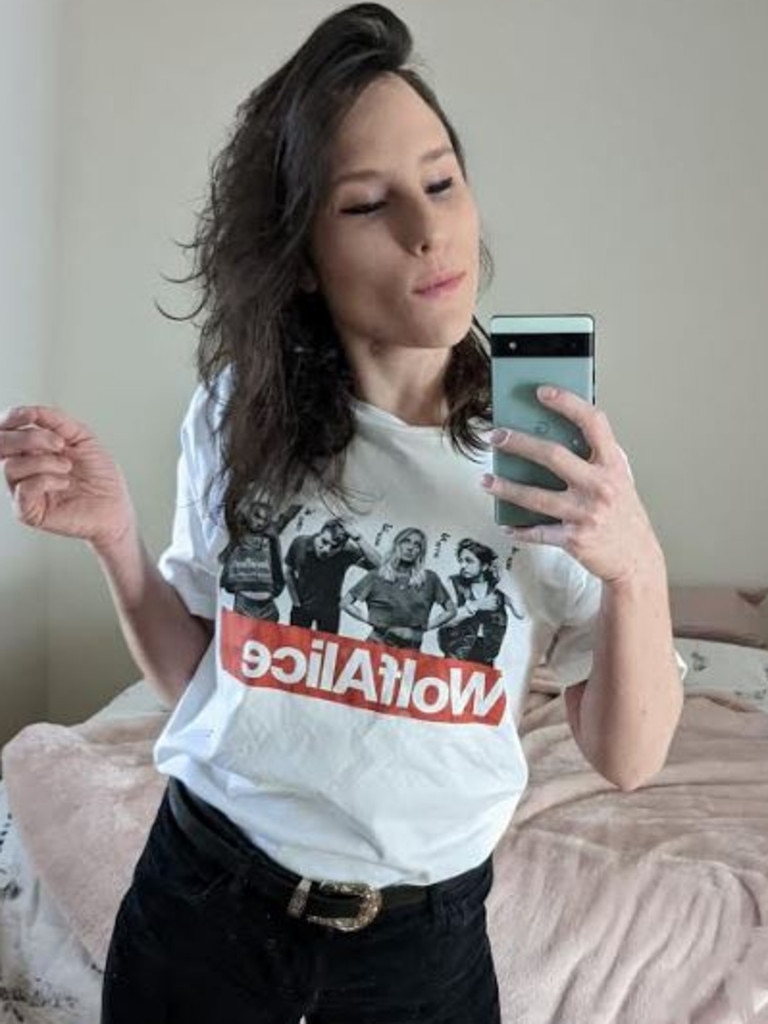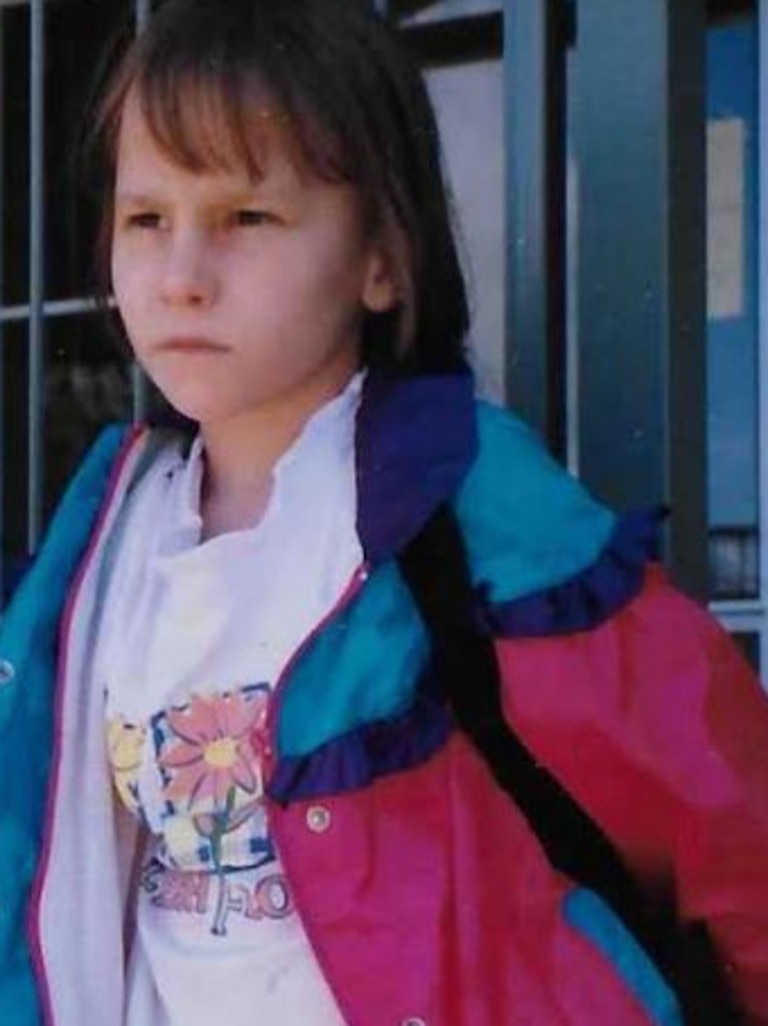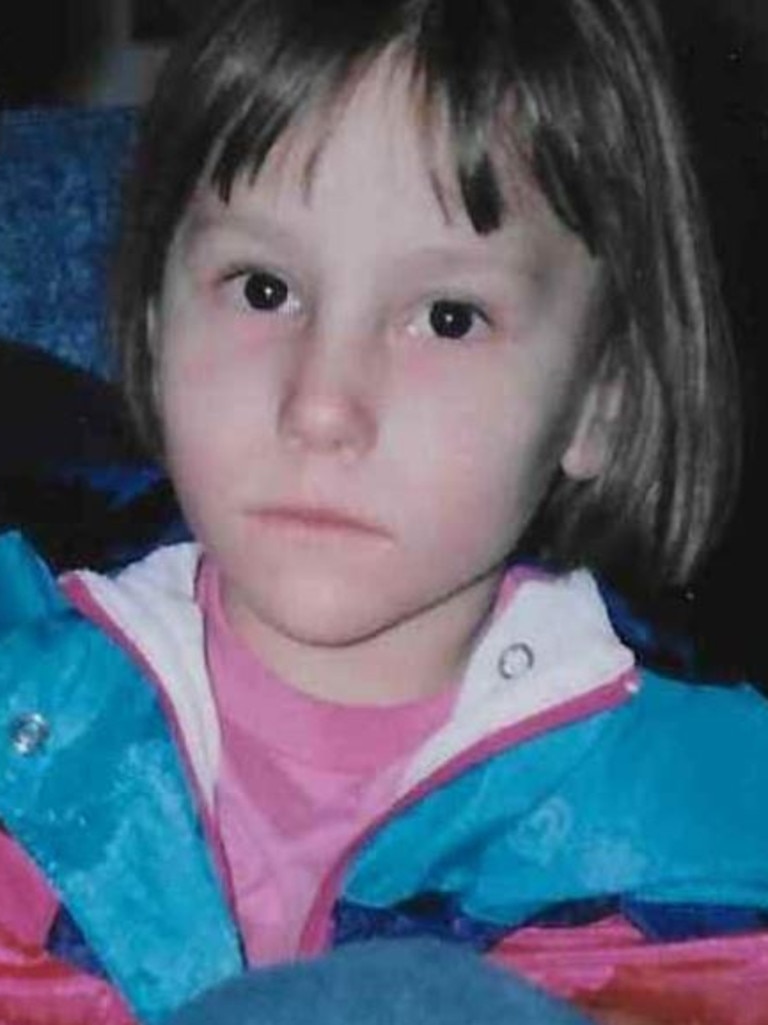Elena Filipczyk was 21 when she finally built up the courage to apply for a “real” job. But it “went badly” for one “devastating” reason.
I was 21 when I finally built up the courage to apply for a “real” job.
Though I’d been Dux of my high school, had moved from my hometown to the city and was averaging As at university, even in my early 20s I still felt like the anxious, sensitive child I’d always been.
Applying to be a waitress at a local cafe, I was determined to finally prove myself, but didn’t tell anyone in case it went badly.
It went badly.
Not even an hour into the unpaid trial shift, I was sent home.
I “wasn’t handling it”, the owner told me, adding that my eczema was flaring, that I looked anxious and that I wasn’t smiling enough.
Though I’d tried to hide my distress, the constant barrage of noise, odours and movement in the cafe was disorienting. I was too flustered to remember table numbers, let alone the orders being spoken to me through a warped onslaught of other voices, scraping chairs and clanging kitchenware.
Lacking muscle tone, I was also too weak to stack chairs and too clumsy to hold multiple dishes of food.
The owner was right – I couldn’t handle it, and it was devastating.
My waitressing defeat was made especially humiliating by the knowledge that my sisters and friends had all held casual jobs since they were teenagers. Why couldn’t I do it? What was wrong with me?
Seven years after my failed cafe shift, I was diagnosed with autism. Suddenly, my life made sense: my clumsy limbs, my painful sensitivity, my intense anxiety and the gnawing inner knowledge that something was fundamentally different about me.
Confronting yet comforting, everything I’d always struggled with was right there, written in black and white:
Autism Spectrum Disorder.
Social – Below Average.
Leisure – Below Average.
Self-care – Below Average.
Along with Sensory Processing Disorder and ADHD, my autism assessment revealed that I am a “Level 1” – “high-functioning” autistic.
In recent years, autistic people have commonly come to be labelled as either “low-functioning” or “high-functioning”, terms that supposedly indicate how well we are able to get by day-to-day.

Elena Filipczyk was diagnosed with autism at 28. Picture: Supplied

Her autism assessment revealed she was a “Level 1” – “high-functioning” autistic. Picture: Supplied
But how well do “high-functioning” autistics really get by?
From having panic attacks buying groceries to battling suicidal depression, I definitely didn’t feel like I was “high-functioning”. Even as I joined the professional workforce and entered my mid- and late-20s, I was horrified to keep finding myself in situations that were “beneath” me.
There were the students and colleagues who excluded me, the friendships I could never maintain and the romantic relationships I could never initiate.
Worst of all, there were the people I let take advantage of me, like the beautiful saleswoman who stopped me in a shopping centre to comment on my severe eczema and, in the space of just 15 minutes, convinced me to buy a dozen cosmetic skincare products worth $700.
Alone at home, deeply ashamed and coming to the realisation I’d drained my student bank account, I hid the products in the top cupboard of my sharehouse bedroom, eventually gifting them to friends and relatives.
I’m smart, I told myself. Why do these things keep happening?
Though autism explains most of my biggest struggles, my relief at the diagnosis has been short-lived.

‘Though autism explains most of my biggest struggles, my relief at the diagnosis has been short-lived’. Picture: Supplied
Despite paying almost $2000 for my assessment – and my report containing recommendations for “ongoing psychological support”, “environmental and community assessments” and a “comprehensive functional capacity assessment” – I was sent away with no follow-up care. Two years on, my quest for relief has been self-directed, expensive and mostly unsuccessful.
The sad reality is that there is little support out there for autistic adults, particularly if we are labelled “high-functioning” – usually as a result of having above-average intelligence, holding a job, being married, having kids, or even being hyper-empathetic.
Whether we’re denied assistance or even a diagnosis, it seems we’re simply not autistic enough to warrant meaningful, financially accessible help.
But “high-functioning” autistics are also often high-masking and high-suffering.
Alone, we struggle with seemingly easy things, have meltdowns, experience autistic burnout and endure profound loneliness, all while trying to hide the secret shame of our difference.
So how can we as a society support all autistic people?

‘Even in my early 20s I still felt like the anxious, sensitive child I’d always been’. Picture: Supplied

‘Suddenly, my life made sense’. Picture: Supplied
To start, we need to ditch the myth of linear autistic spectrum. Though the “levels” and “functioning” labels are common, these imply that people can be “more” or “less” autistic depending on which end of a linear spectrum they fall.
The reality is that autistic traits fall into an outward-sprawling graph, like a colour wheel, with each autistic person having a unique combination of strengths and challenges in areas such as language, motor skills or social skills.
This means that the verbal, sensory-avoidant autistic with an above-average IQ is no less autistic than the non-verbal, sensory-seeking autistic.
Most importantly, we need to recognise that all autistic people deserve support and understanding, including us so-called “high-functioning” autistics who often suffer in secret.


Leave a Reply